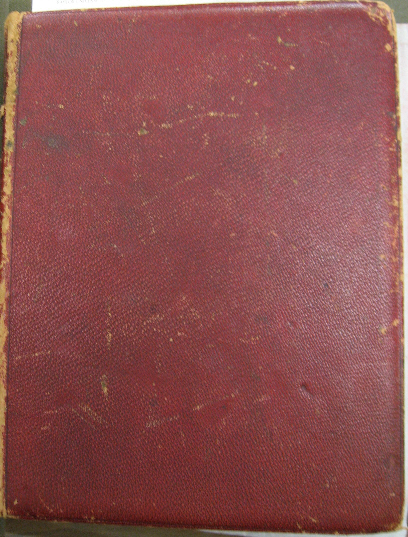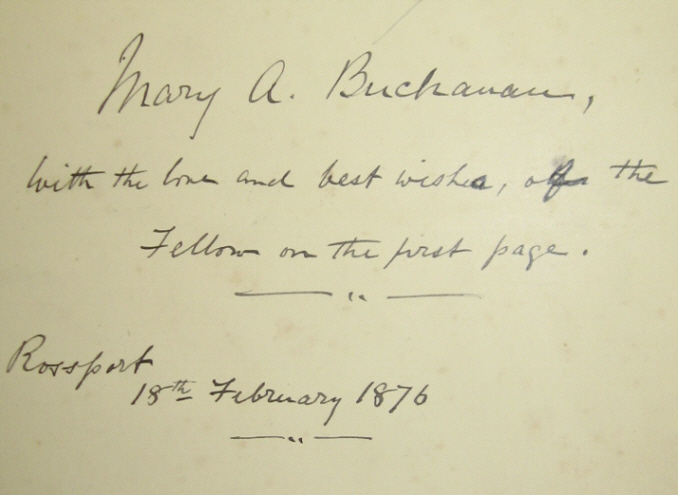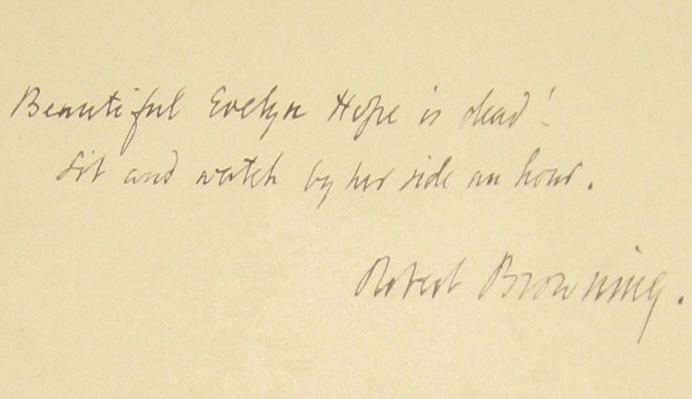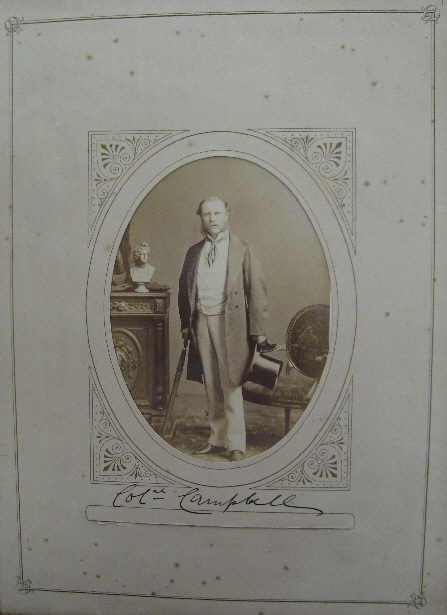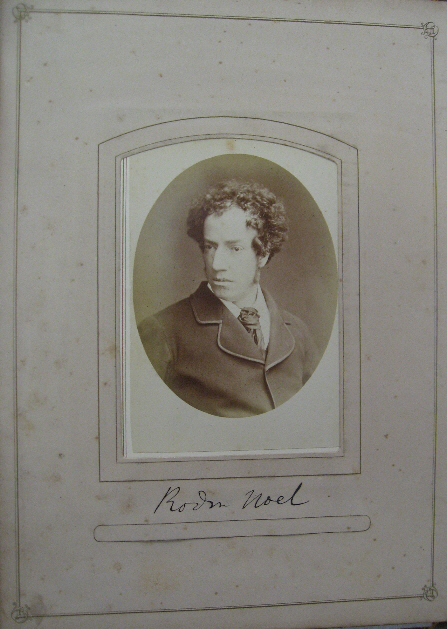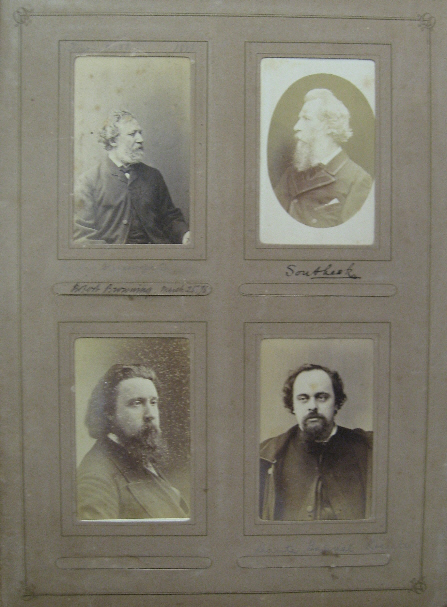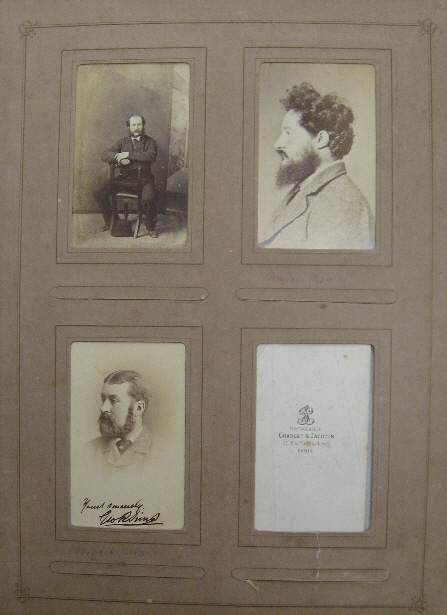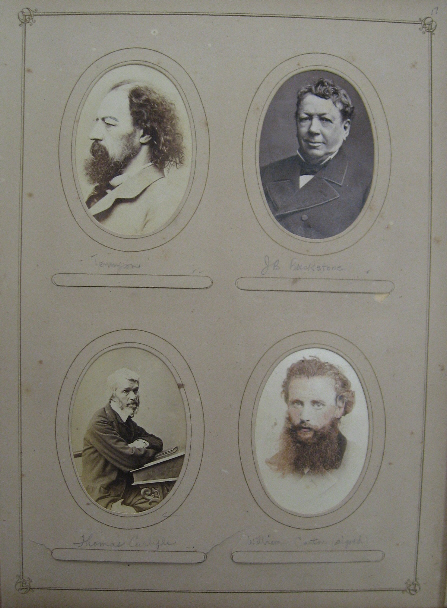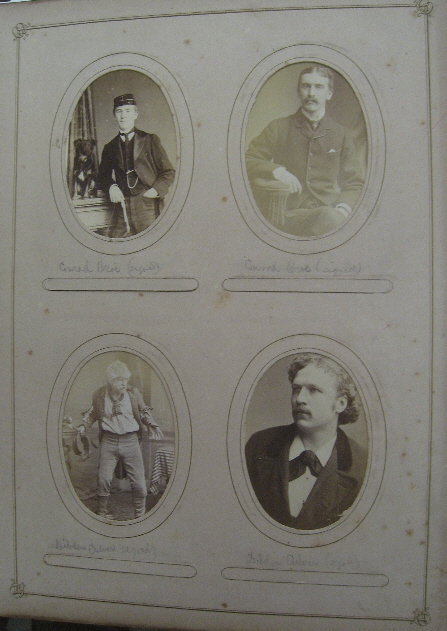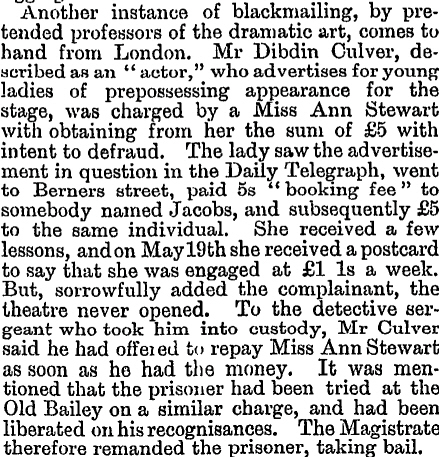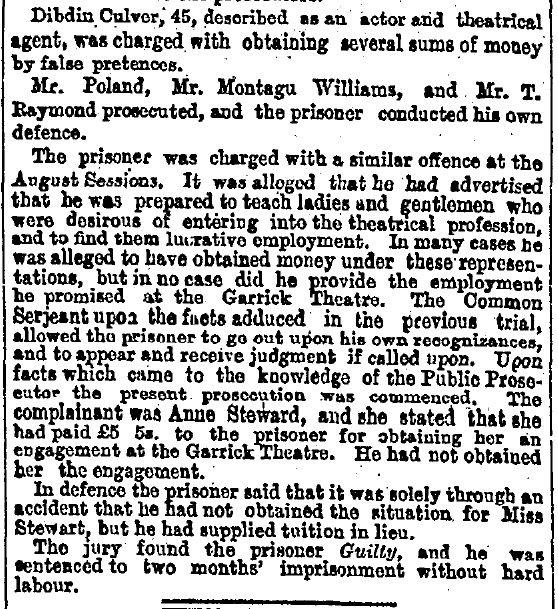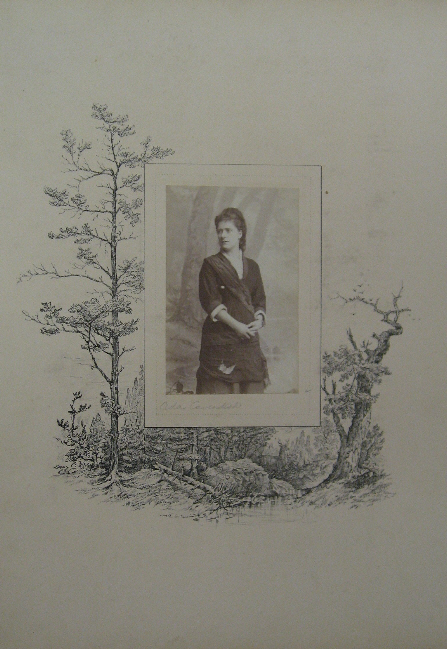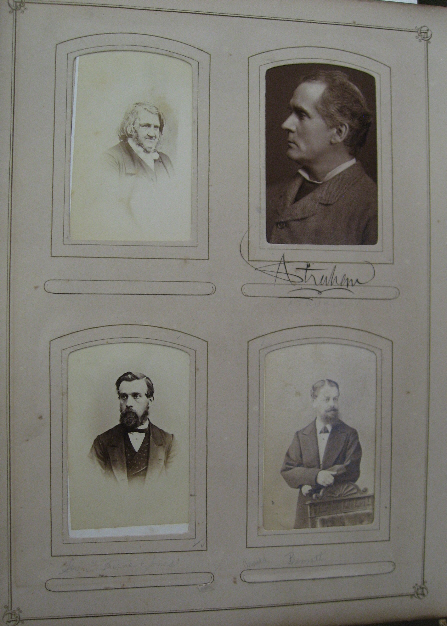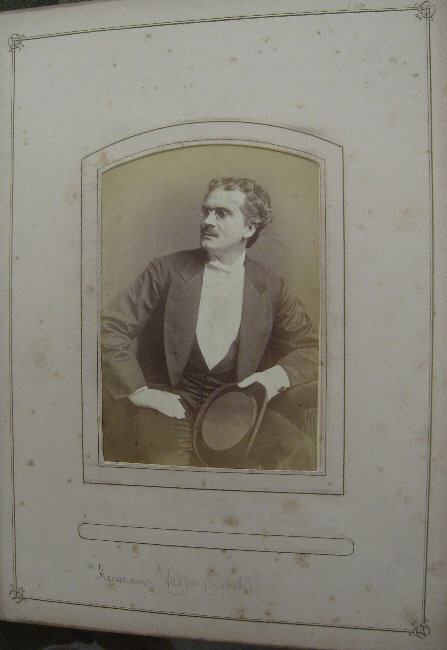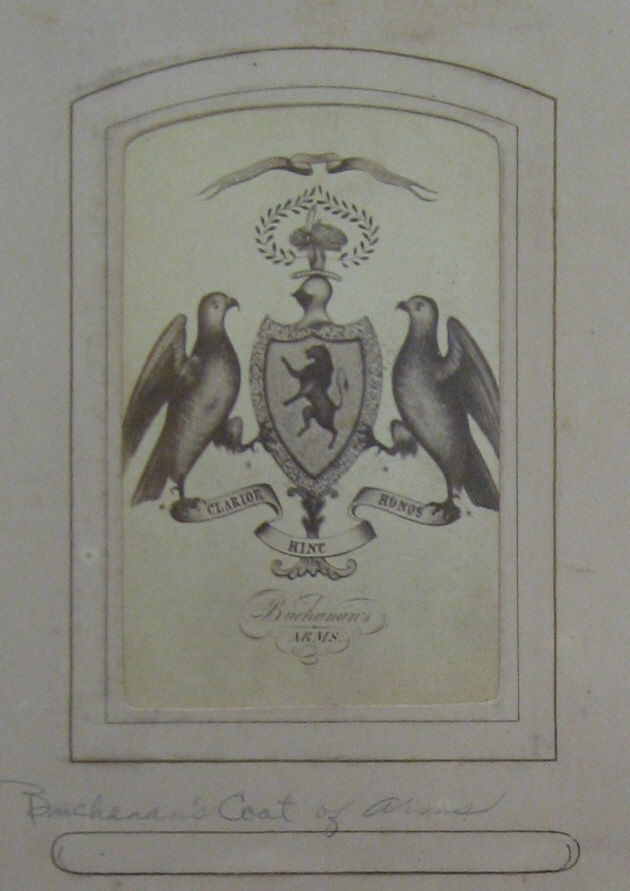|
Page 1 - Colonel Campbell.
From Harriett Jay’s biography of Robert Buchanan:
“But the life we led there was by no means dull. For society there was the parish priest—Father John Melvin—a particularly handsome man who loved a game of chess and a glass of whiskey, and who could produce on occasion one of the finest glasses of potheen ever brewed in Connaught.
During one of our periodical visits to London we brought with us some of Father John’s potheen and presented it to Charles Reade, who was so enthusiastic over it and who set such store by it that when producing it at his own table he insisted upon having it served in the tiniest of liqueur glasses. There was Father John’s curate, Father Michael Geraghty, a delicate, refined youth of some three-and-twenty summers, whose pathetic life-story was so touchingly told in the novel which was published in 1898 under the title of “Father Anthony,” while Rossport House, the only other habitable dwelling in the village besides our own, was occupied by Colonel Campbell, his wife, and four bonnie daughters; and last, but not least, there was the Protestant clergyman the Rev. G. H. Croly, who dwelt in Polothomas, just across the ferry. Those were days to which the poet ever looked back with pleasure, and when he published his novel “Father Anthony,” he referred to them in a dedication to the parish priest. ...
At this point of my narrative I recall an incident which it may be interesting to relate. The Colonel was an omnivorous reader. He subscribed to Smith’s library, and regularly every month came his box well stocked with books, which he was always ready to lend to any member of our little colony, but his reading was limited to prose, the lists which went in never by any chance including the name of a volume of poems. Once, however, a terrible mistake occurred. In the publisher’s announcements the Colonel one day saw the advertisement of an anonymous work entitled, “St. Abe and his Seven Wives: a Tale of Salt Lake City,” and, without waiting to ascertain whether the work in question was in prose or verse, he hastily added it to his list. On the arrival of the box the mistake was discovered and the offending volume was cast into a corner and left there. Some little time later it was taken up, quite by chance, and looked at. Having read a few lines, the Colonel became interested; he read the poem to the end, and his enthusiasm knew no bounds. That same night he appeared at the Lodge with the book in his hand. He had brought it for the poet to read, and having recommended it with all the enthusiasm of which he was capable, he said how much he would like to meet the man who had written it. The poet listened and smiled, but my sister revealed the secret of the authorship with no little pride. Up to that time the friendship between the two men had not been of the closest, for the Colonel, it must be admitted, was in every way the opposite of the poet. Both were Scotchmen, but while one was generous to a fault, the other was what is termed “close,” especially in the matter of sport, keeping to himself his knowledge of the best pools in the river, or the “warm corners” on the moor. But now all was changed—the King could do no wrong—the poet was at liberty to fish in the Colonel’s river if it so pleased him, or to shoot on his land, and following the theory that by pitch one is defiled, the Colonel, by intimate association, imbibed a good deal of the generosity and good-heartedness of his neighbour. From having been tolerated in the village, he became liked, and indeed he was soon quite popular. But much as he esteemed the poet, he never learned to like poetry; indeed, he ever regarded it with horror, despite the fact that he had derived so much pleasure from the reading of “St. Abe and His Seven Wives.”
|

